Religion: Spirituality and Religious Life
Karaite Women
Family law and personal status of women are important aspects of both the daily life and the halakhah of Karaite communities. Karaite legal sources often deal with rules pertaining to betrothal, marriage, divorce, ritual purity, and incest.
Lillian Kasindorf Kavey
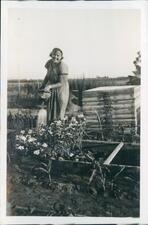
Kibbutz Ha-Dati Movement (1929-1948)
Beginning in 1929, the religious kibbutz (Kibbutz Ha-Dati) movement represented the confluence of progressive ideals of equality and collectivism and traditional customs of Judaism. As a result, women in the movement lived at a crossroads.
Killer Wife in Jewish Law and Lore
The Talmud states that if a woman is twice or thrice widowed, she is prohibited from remarrying because it is presumed that she is a killer wife and that her next husband will also die. This has been applied in post-Talmudic law, but also negated by some halakhic decisors.
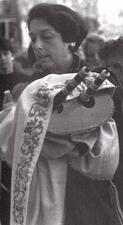
Francine Klagsbrun
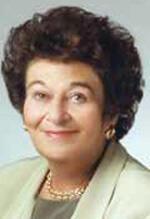
Gerda Weissmann Klein
Holocaust survivor Gerda Weissmann Klein has used her experiences to educate countless people through her books, television appearances, and motivational speaking. Among numerous other awards for her work, Klein was appointed to the United States Holocaust Commission by President Clinton in 1997, and in 2011 she was awarded the Presidential Medal of Freedom by President Obama.
Irene Caroline Diner Koenigsberger
A distinguished chemist credited with discovering the molecular structure of rubber, Irene Caroline Koenigsberger refused to patent her work, making her discovery available to all. She was also an important figure in the Washington, D.C. Jewish community, cofounding Temple Sinai and the B’nai B’rith Hillel at George Washington University.
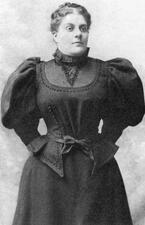
Rebekah Bettelheim Kohut
Kolech: Religious Women's Forum
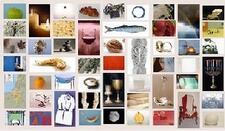
Kolot: Center for Jewish Women's and Gender Studies
Kolot, the first Center for Jewish Women’s and Gender Studies established at a rabbinical school, was founded in 1996 to bring the insights of Jewish feminist scholarship to the training of rabbis, both in a revised curriculum and through innovative projects. Among these projects, Kolot developed ritualwell.org, a widely used feminist website of new Jewish rituals and liturgy, and a program to enhance self-esteem in teenaged girls, Rosh Hodesh: It’s a Girl Thing!
Rabbi Abraham Isaac Kook
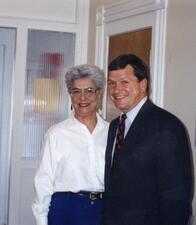
Marcia Koven
Marcia Koven was the founding curator of the Saint John Jewish Historical Museum, one of a number of museums dedicated to Jewish history in Canada’s Maritime Provinces. Her work inspired other Jewish museum projects in Atlantic Canada, and she held a number of other leadership roles related to Jewish life and history.
Matilda Steinam Kubie
Legal-Religious Status of the Jewish Female
Gendered language in the Torah resulted in centuries of debate about a woman’s role with regard to commandments. The sages’ construction of a woman and her values was very negative, probably relating more to their vision of the ideal, which was male oriented, and applying its opposite to females.
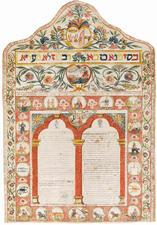
Legal-Religious Status of the Married Woman
Rabbinic law defines the criteria and requirements for traditional marriage, marital rights, and divorce. However, the rabbinic marital system poses many problematic issues for women, especially for agunot, women trapped against their will in marriages by their husbands.
Legal-Religious Status of the Moredet (Rebellious Wife)
A woman who is deemed a moredet is severely disadvantaged in her legal standing. There are various ways in which a women is considered a moredet, and all legal processes dealing with rebellious wives put women at a legal disadvantage.
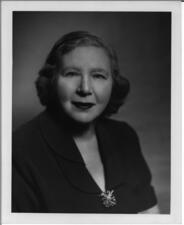
Tehilla Lichtenstein
Tehilla Lichtenstein co-founded the Society of Jewish Science with her husband as an alternative to Christian Science, creating a small but passionate following and carving a place for herself as a congregational leader.
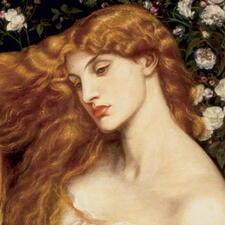
Lilith
Lilith’s character has evolved throughout the years. She began as a female demon common to many Middle Eastern cultures, was transformed by Medieval Jewry into Adam’s first wife, and was finally reclaimed by Jewish feminists as an icon.
Ludomir, Maid of
A series of traumatic events motivated the Maid of Ludmir to begin practicing male ritual Hasidic observances as a young adult, and she became renowned for her miracle-granting abilities. Although she was able to hold a position of religious power in the Hasidic community without the help of powerful Hasidic men in her family, her story ultimately upholds gender expectations.
Marriage in Halakhic Judaism
Medieval Ashkenaz (1096-1348)
The Jews of medieval Ashkenaz are known for their prolific rabbis and for the Ashkenazic customs that became characteristic of many European Jewish communities. During the High Middle Ages, the women in these communities had many important roles women within the family and in the communal, economic, and religious life.
Deborah Marcus Melamed
Deborah Marcus Melamed encouraged Jewish women to form their own relationship with Jewish practice through her 1927 book The Three Pillars, an interpretive guide to rituals and customs. Melamed also served as vice president of the Women’s League for Conservative Judaism from 1920 to 1930 or 1932.
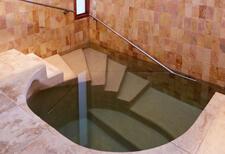
Mikveh
The mikveh is a ritual bath prescribed by ancient Jewish law for the rite of purification. It had particular significance for Jewish women, who were required to immerse themselves in the mikveh following their menstrual periods or after childbirth in order to become ritually pure and permitted to resume sexual activity. The practice has been jettisoned by many Jews but continues to be observed today, not only in Orthodox communities but also by feminists, queer Jews, and others who have reinterpreted the ritual.
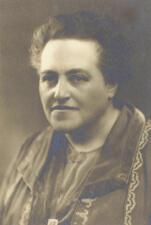
Lily Montagu
Lilian Helen Montagu was a British social worker, a magistrate in the London juvenile courts, suffragist, writer, religious organizer, and spiritual leader who founded and long remained the driving force behind the Liberal Jewish movement in England.
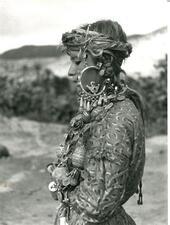
Morocco: Nineteenth and Twentieth Centuries
The Moroccan Jewish community was the largest Jewish community in North Africa during the nineteenth and twentieth centuries. The status of Moroccan Jewish women was affected by a variety of factors, including a patriarchal order and social changes brought about by economic development, urbanization, and contact with European countries.


